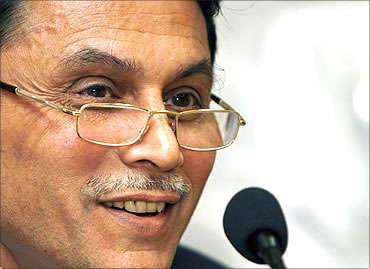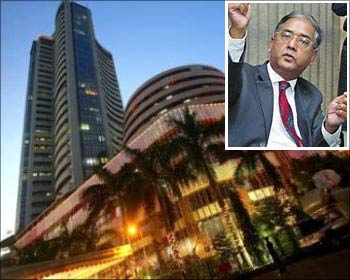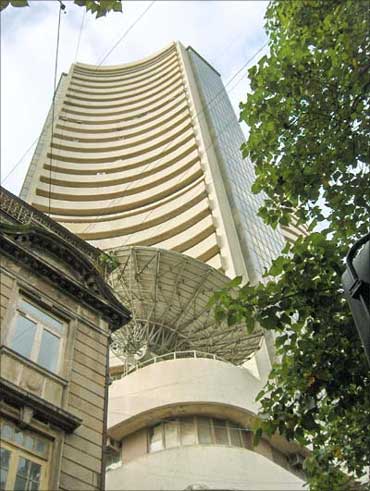
C B Bhave, the outgoing chief of market regulator Sebi, on Monday said it was the institution that was supreme and not the person heading it.
"Chairmen come and go, but Sebi remains there," Bhave said after a board meeting of the Securities and Exchange Board of India.
This was the last board meeting chaired by Bhave, whose term ends on February 17.
When asked about the ending of his three-year tenure, Bhave initially quipped: "I have also read the notification that you have read."
He was referring to the government announcement on January 28 that U K Sinha, head of fund house UTI AMC and chairman of mutual fund industry body Amfi, would succeed Bhave as the chairman of capital markets regulator Sebi.
. . .

Asked again about his exit from Sebi, Bhave said that the regulatory body was supreme and not the person heading it.
Bhave parried questions related to his experience as Sebi chief and only said: "It's been pleasure intreracting with you people (as Sebi chairman)."
Bhave took charge as Sebi chairman on February 18, 2008 on a three-year term.
His tenure as the most powerful person in the capital market was marked with many significant developments.
. . .

Some of moves like raising the investment limit for retail investors in an initial public offering to Rs 2 lakh (Rs 200,000) from Rs 1 lakh (Rs 100,000) were lauded as highly beneficial to investors.
Some other decisions that angered a host of entities, including insurance regulator Irda and corporate houses like Sahara and FTIL-MCX group.
Besides, some of the Sebi decisions for mutual funds, such as ban on entry load, were also criticised by the fund houses for negatively impacting their business, although these were lapped up as pro-investor policies.
Initially, there were expectations that Bhave might get an extension, as is the case with many directors at regulatory authorities, but later it was said that he might not be interested in that and his spats with other regulators could have further spoiled his chances.